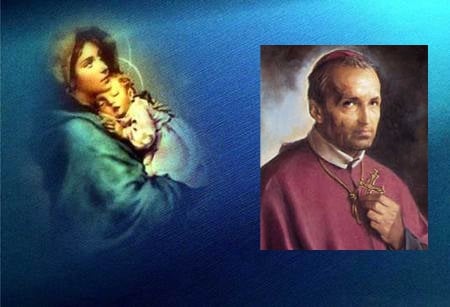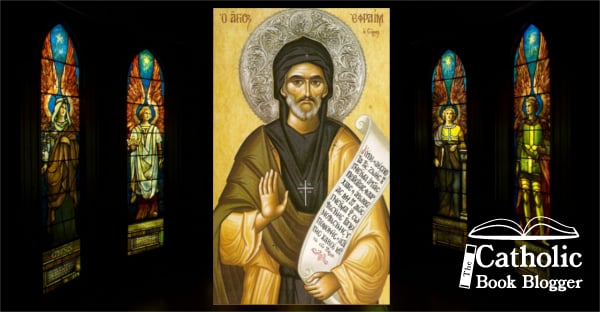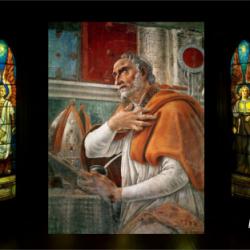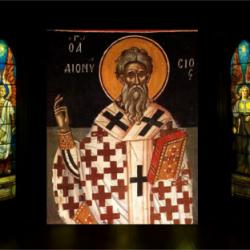 The greatest of Mary’s sorrows
The greatest of Mary’s sorrows
Which of Mary’s sorrows was the greatest? Some have suggested, St. Alphon- sus reports, that it was her loss of her young Son in Jerusalem for three days.
The third of Mary’s traditional seven sorrows was not knowing what had happened to Jesus when she returned from the Passover in Jerusalem. Some have reasonably asserted that this wasn’t just among the greatest of her sorrows, but was in fact the greatest and most painful of all. Why is this?
First, Mary, had Jesus with her in her other sorrows. She suffered when St. Simeon prophesied to her in the temple; she suffered in the flight into Egypt. But in both these sorrows, she was still in company with Jesus. In this third sorrow, however, she suffered far from Jesus, not knowing where he was. Too long indeed were those three days for Mary. They seemed like three ages. They were all bit- terness, for there was no one to comfort her. And who can ever comfort me, she said with Jeremiah, who can console me, since the One who alone could do so is far from me? So my eyes can never weep enough: “For these things I weep; my eyes flow with tears; for a comforter is far from me” (Lam 1:16).
Second, Mary, in all her other sorrows, understood well their cause: the redemption of the world according to God’s will. But in this sorrow she didn’t know the cause of the absence of her Son. Lanspergius observes: “The sorrowful mother was grieved at the absence of Jesus because, in her humility, she consid- ered herself unworthy to remain longer with him or to care for him on earth, and to have the charge of so great a treasure. . . . And who knows?” he wondered; perhaps she thought within herself: “Maybe I haven’t served him as I should have; perhaps I’ve been guilty of some negligence that caused him to leave me.” “They sought him,” says Origen, “fearing that he might have entirely left them.” —St. Alphonsus Liguori, The Glories of Mary
IN GOD’S PRESENCE, CONSIDER . . .
Do I sometimes wrestle with fears that somehow, a loss I’ve suffered is God’s chastisement for my failure to serve him as I should? How might a careful medita- tion on this episode in Mary’s life help me understand God’s loving will for me more clearly?
CLOSING PRAYER
Father, teach me the meaning of your promise: “For I know the plans I have for you, says the Lord, plans for welfare and not for evil, to give you a future and a hope” (Jer 29:11).
________________________________________________________________________
Remember to subscribe to my feed so you will not miss a day! This recurring feature at The Catholic Blogger is possible through the cooperation of author Paul Thigpen and publisher Saint Benedict Press. To get your own copy of this book, click below.











